
Ivermectin is one of the most commonly used heartworm prevention medications used for dogs. It is present in many different heartworm products, including Heartgard Plus®, Iverhart Plus®, Iverhart Max®, Tri-Heart® and others. Ivermectin is an antiparasitic drug used to treat many different parasites in dogs including skin mites and heartworms.
Collies and other herding breeds such as border collies, Old English sheepdogs, and Shetland sheepdogs are more likely to have the MDR1 gene mutation, putting them at higher risk for toxic effects if given Ivermectin, as well as certain other drugs. Is it safe to use an Ivermectin-based product to prevent heartworm infections in these dogs?
Ivermectin, when dosed at the low dosage necessary to prevent infection from heartworms, is generally considered to be safe even for dogs with the MDR1 gene mutation.
However, at higher dosages used for dogs with other medical conditions, these breeds may be more susceptible to serious side effects. Owners need to know the facts about Ivermectin toxicity as it could end up saving a dog’s life.
Ivermectin may not be safe for collies and similar herding breeds at higher dosages that would be safe in other dogs. The increased sensitivity of these breeds is a result of a mutation of the MDR1 (multi-drug resistance) gene. Not every collie and herding dog has this mutation, but on average, about 70% of collies in the US have the mutation. Dogs with this genetic defect lack a certain protein that prevents Ivermectin and certain other drugs from being flushed from the brain and other organs so that it builds up at higher concentrations—this can happen quickly or over a period of time.
There is a test for this gene mutation that can be performed to determine whether an individual dog carries this gene mutation or not. If in doubt about the risk for a particular dog, the dog should ideally be tested before being treated with a drug like Ivermectin. Collies and other dogs who carry the mutant gene can also pass it on to their offspring. For these reasons, it is a good idea to have any herding dog tested for the mutation to make careful medical and breeding decisions.
Dogs with sensitivity to Ivermectin can show symptoms of toxicity within 4 to 6 hours of exposure. These include:
The MDR1 gene mutation cannot be treated or cured, however, your dog can be treated for symptoms of toxicity to a drug like Ivermectin. Your vet will try to manage the symptoms your dog is experiencing. This will include supportive care like giving your dog fluids, other drugs, and supplemental oxygen to control its symptoms. Dogs with severe neurologic signs might also need a feeding tube and/or to be put on a ventilator to help them breathe. This kind of care usually requires referral to a specialty hospital with specialized equipment. A full recovery can take days to weeks and requires intensive care. For these reasons, it is best to be cautious with herding breeds and discuss any possible concerns with your veterinarian prior to drug administration.
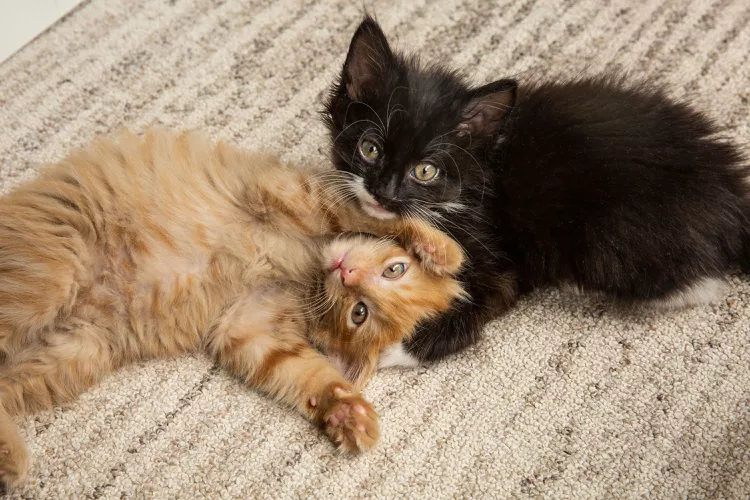
Why Two Kittens Are Better Than One
There are benefits of adopting two kittens, such as more feasible training and companionship between them.
Everything You Need to Know About Raising Your First Cat
Whether you are thinking about getting a cat or just adopted your first one, these are the things to know to make your relationship a lasting one.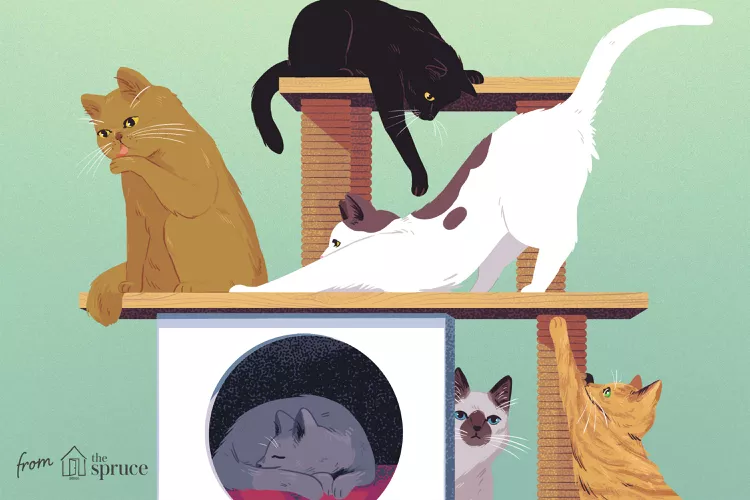
How Can I Tell the Sex of a Cat?
Telling male and female cats apart can be difficult for those who don't know what they're looking for. Here are helpful tips to discover their sex.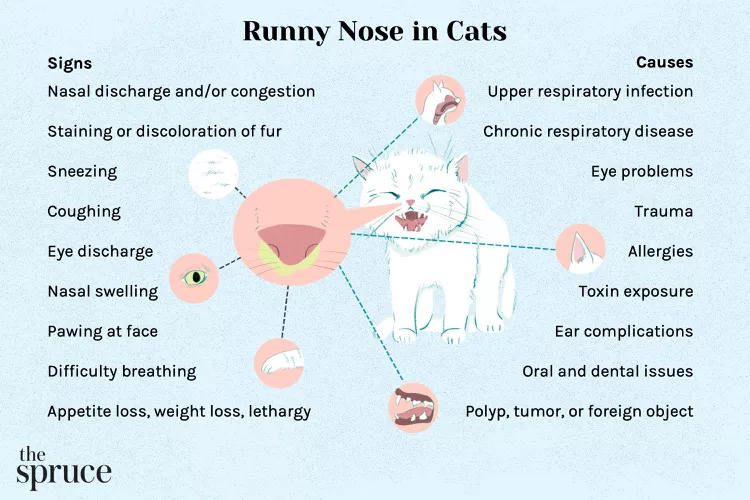
Runny Nose in Cats: Causes and Treatment
Cats get runny noses due to upper respiratory issues, but many conditions can cause this. Learn the causes of runny noses in cats and the associated signs. Find out how vets diagnose and treat cats with runny noses.
How Long Can You Safely Leave Canned Cat Food Out?
You cannot safely leave canned cat food out all day. Twenty to 30 minutes is the max, so give smaller portions and reheat food for later feedings.
Meat Byproducts in Cat Food
Most cat experts recommend premium brands of cat food that avoid ingredients like byproducts and chicken meal. Learn what to look for on the label.
How Much Wet Food to Feed a Cat Every Day
The amount of wet food your cat needs depends on factors such as age, weight, body condition, and lifestyle. Learn how much wet food to feed your cat.
Taurine for Cats
Taurine is an essential animal protein in your cat's diet. Learn more about the various ways it supports your feline's body.
The Different Types of Pet-Friendly Workplaces
Discover the different types of pet-friendly workplaces and the benefits they offer employees. Learn how to create a pet-friendly workplace and the best practices for pet owners.
8 Halloween Safety Tips for Pets
The spooky holiday can be overstimulating and even dangerous for pets. Here's how to avoid the problems caused by toxic candy and incessant doorbells.
Why You Should Keep Cooked Bones Away From Your Dog This Holiday Season
People should be aware of the dangers of cooked bones, especially around the holidays when they might be more accessible to your pup.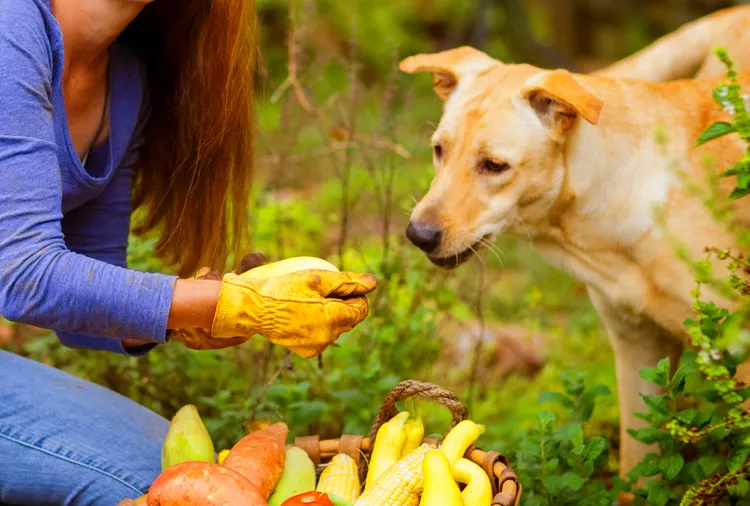
Can Dogs Eat Squash? Here's What a A Vet Thinks
Dogs can safely eat squash as long as it's prepared correctly. Find out how to properly feed this versatile fruit to your dog.
16 Small Cat Breeds That Are Petite Purring Machines
Small cat breeds like the Singapura and munchkin may be smaller than an average housecat, but they leave a giant imprint on your heart.
10 Best Cats With Big Ears
Cats with big ears often look extra endearing. Check out some common big-eared cats, including the Abyssinian, Devon Rex, Siamese, Sphynx, and more.
Javanese (Colorpoint Longhair): Cat Breed Profile, Characteristics & Care
The Javanese is a semi-longhaired, color-pointed cat of Siamese type. They are related to the Siamese, Colorpoint Shorthair, and Balinese breeds.
How to Stop Aggression in Dogs
Dog aggression can be a serious behavior issue for pet owners. Learn how to stop aggression in dogs before someone gets hurt.
Should Dogs Be Allowed on Furniture?
Should you let your dog on the couch or in the bed with you? Are there any reasons we should not let dogs on the furniture? Here's what to know.
Why Do Dogs Eat Rocks?
One of the most common non-food items for dogs to eat are rocks. Here's what to know about why dogs eat them and how can you stop your dog from eating rocks.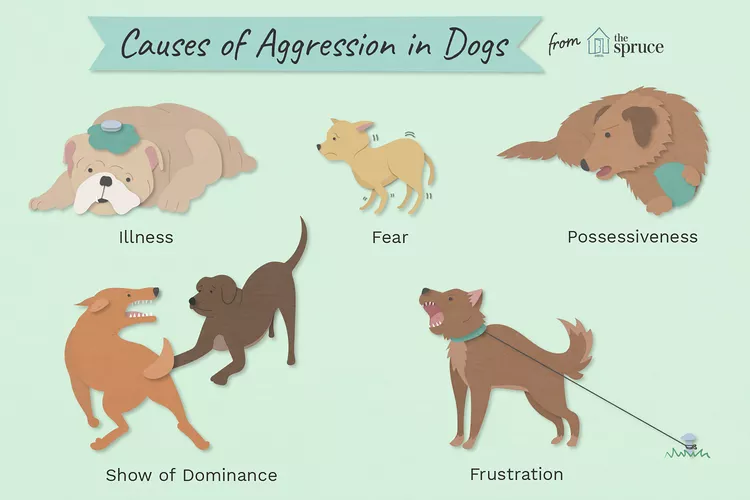
Why Dogs Get Aggressive and How to Stop It
Why is your dog biting you aggressively? Sometimes dogs can become aggressive with little warning. Find out what causes your dog to become aggressive so you can work with the behavior.
Thai Ridgeback: Dog Breed Characteristics & Care
Learn all about the Thai Ridgeback, a rare breed from Thailand. Find out how to care for the loyal dog and where to buy or adopt one.